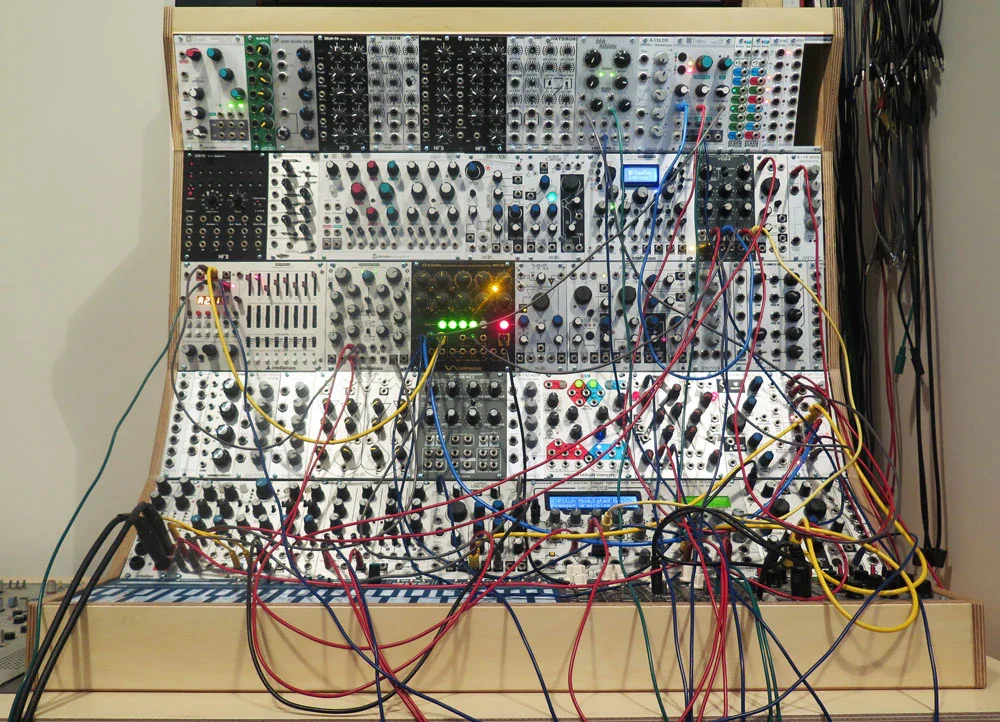Musicking in Praxis
When I think of theory overload, I often relate it to the feeling of trying to make beautiful music from one of these terrifying modular synths!
The theoretical lens of Small’s “musicking” has affected my understanding of the motivations of music education, as has this week’s examination of the practical realities of preparing for the classroom.
Christopher Small’s argument that music is not an object but an activity has reframed how I think about participation in the music classroom. His idea is that the value of music lies in the relationships that are enacted through performing, listening, and collaborating. This ties into the idea of ensembles as social spaces, and of Lucy Green’s ideas of informal learning and of friendships being at the core of musical engagement. This tied in with our discussion about highly trained young solo musicians, and how their skills do not automatically translate into ensemble awareness or social development.
In contrast, the afternoon was spent grounded in inquiring into the lived realities of teaching and facing moments of ‘praxis shock’, where the theory doesn't always represent the situations we find ourselves in. Dissecting ideas like learning intentions, differentiation, and the importance of assessment in music reinforced to me the idea that effective musicking in schools requires thoughtful planning and attention to detail. My concerns were raised about the influences a mentor can have on early career teachers, and their capacity to have both positive and negative transformations in our outlooks. The realities of teaching seem to expand beyond the classroom and into interpersonal relationships, and it will serve me well to at least be aware of the political and social structures of schools.
